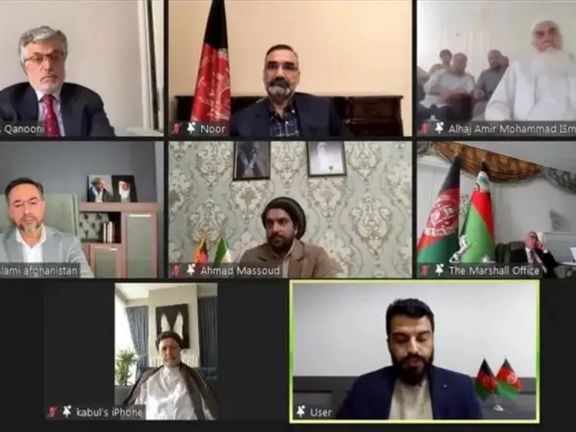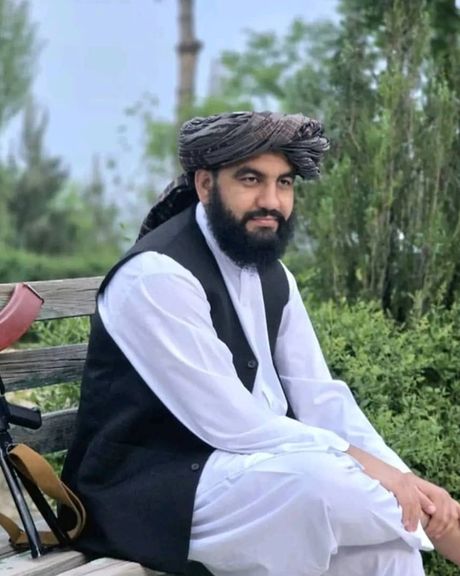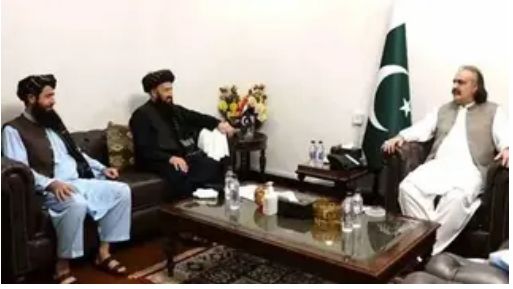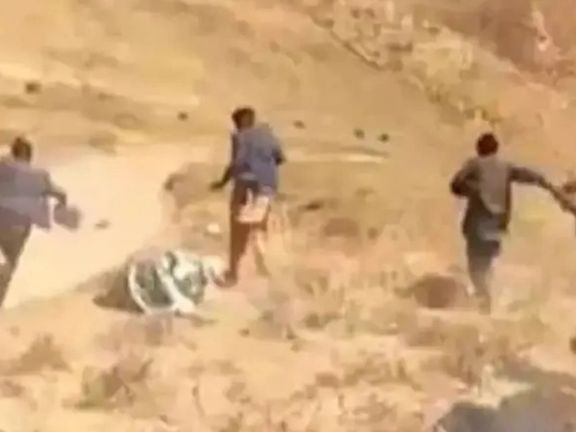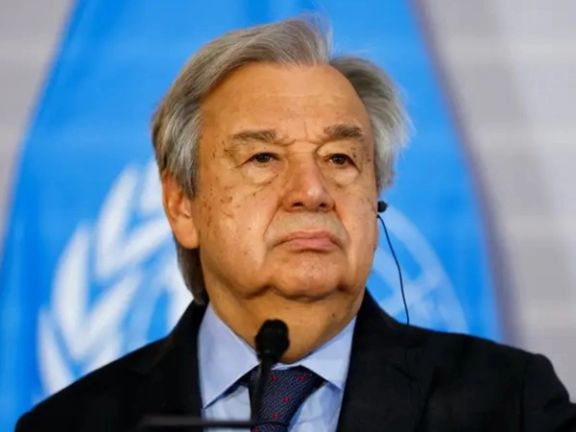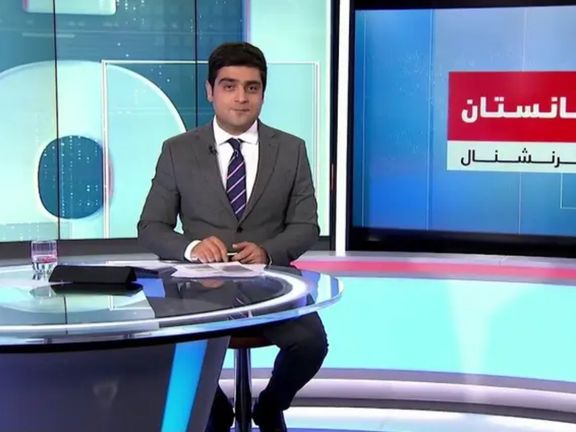In order to counter the Taliban's interference, Afghanistan International has started its satellite broadcast on another frequency.
Rahmatullah Nabil, the former head of Afghanistan's National Directorate of Security (NDS), wrote on the social media network X that the Taliban's jamming of Afghanistan International TV broadcasts "shows their fear of a free media" and a direct attack on freedom of expression and people's right to access information. Nabil added that the Taliban has now resorted to censorship instead of listening to criticism.
Nabil called Afghanistan International a "key voice and a vital platform" for Afghans and a platform to strengthen voices inside Afghanistan. Despite the Taliban's efforts to silence independent media, Afghans will have access to accurate information as the free media fights, he said.
In response to the Taliban's action against Afghanistan International TV's broadcasts, Daoud Naji, head of the political committee of the Afghanistan Freedom Front (AFF), said that the use of jamming to suppress the media is "a sign of the Taliban's extreme fear" of voices and protests that have gone beyond the level of society and ordinary people and have now reached the Taliban's inner layers.
Naji added that media outlets operating in Afghanistan under the Taliban's control cannot comply with any of the media standards due to the fear of the group.
The head of the political committee of the Afghanistan Freedom Front emphasised that the use of technology for censorship is a failed experiment that has not yielded results in other countries.
On the other hand, Abdullah Khanjani, head of the political office of the National Resistance Front of Afghanistan, said that the exiled media, especially Afghanistan International TV, is one of the most important achievements after Afghanistan fell into the pit of ignorance and regression.
Abdullah Khanjani stressed that the Taliban has suffered from a content crisis and their systematic attacks on Afghanistan International TV are a sign of the Taliban's psychological failure in public opinion and the group's moral decline in the public psyche.
